6. The Plagues of Breslau (2018)
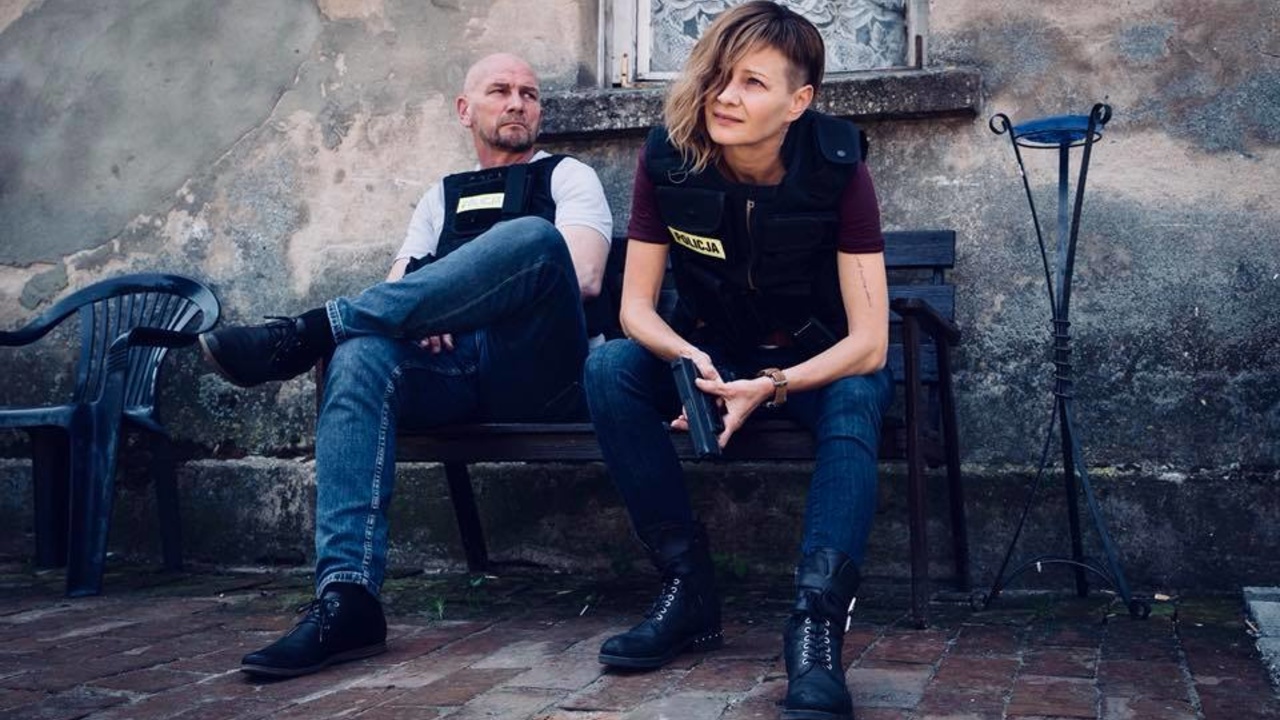
At first glance Patryk Vega’s serial killer thriller invites comparisons to David Fincher’s Se7en (1995). Vega’s mismatched investigators Helena Rus (Malgorzata Kozuchowska) and Magda Drewniak (Daria Widawska) pursue a murderer inspired by gruesome events of 18th century, much like Fincher’s detectives Somerset (Morgan Freeman) and Mills (Brad Pitt) chase a killer motivated by the Bible’s seven deadly sins. But Vega’s movie is superior for a number of reasons. First, his female characters have a richer, more complex relationship than Fincher’s conventional male types of the seasoned veteran and young rookie. Second, the twist in Vega’s narrative is more startling and consequential than the final act of male-on-female violence in Fincher’s story. Nor does Vega’s film dwell so long on the gore of the killings, as Se7en does.
Most significant, though, is the difference in the source of the violence. In Fincher’s story, the investigation identifies a single madman as the instrument of terror and death, but Vega implicates the whole societal structure. Victims of the killings are simply a few of its worst agents, and they have pushed the killer into a situation so desperate that violence seems the only escape. “Watch out, there are some crazy people out there,” seems to be the message for Se7en’s viewers. Heed Vega’s sterner warning, “Watch out, the entire system is crazy, and if it doesn’t kill you, it will make you a killer, and in the end your fate will be the same.”
7. Double Lover (2017)
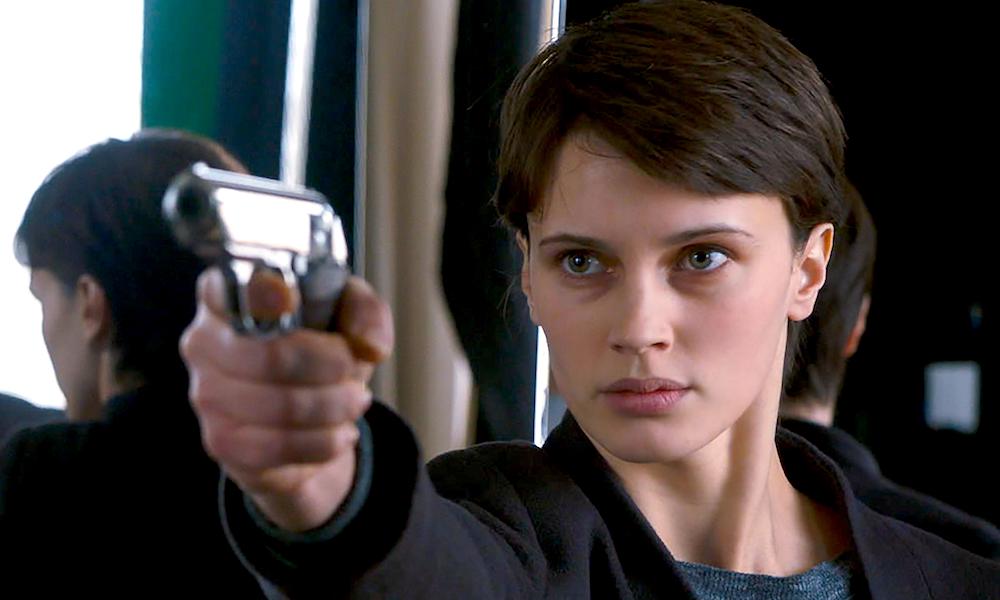
Director and provocateur François Ozon delivers an erotic, psychological thriller that makes most other films in the subgenre seem neither sexy, nor deep, nor suspenseful by comparison. Months after the beautiful, but fragile Chloé (Marine Vacth) has fallen in love and moved in with her handsome, supportive psychoanalyst Paul (Jérémie Renier), she encounters his dangerous, but irresistible look-alike Louis, and soon her own personality begins to split and mirror — or criss-cross? — the mens’ minds.
Ozon creates this stunner by combining elements of vintage Brian De Palma and David Cronenberg with his own Gallic glamour and wickedness. And in Vacth and Renier he brings two actors daring and capable enough to play parts from which most Hollywood actors, and certainly their agents, would certainly flee. Every aspect of the production design — the bodies, the clothes, the interiors — is gorgeous, the pacing is taut, and the visual effects create some of the most stylish nightmares on screen. The story’s conclusion is rending psychologically and revolting physiologically. See all of Ozon’s thrilling films, and submit to the enchanting traumas of one of Europe’s most incorrigible and unrepentant art punks.
8. Nocturama (2016)
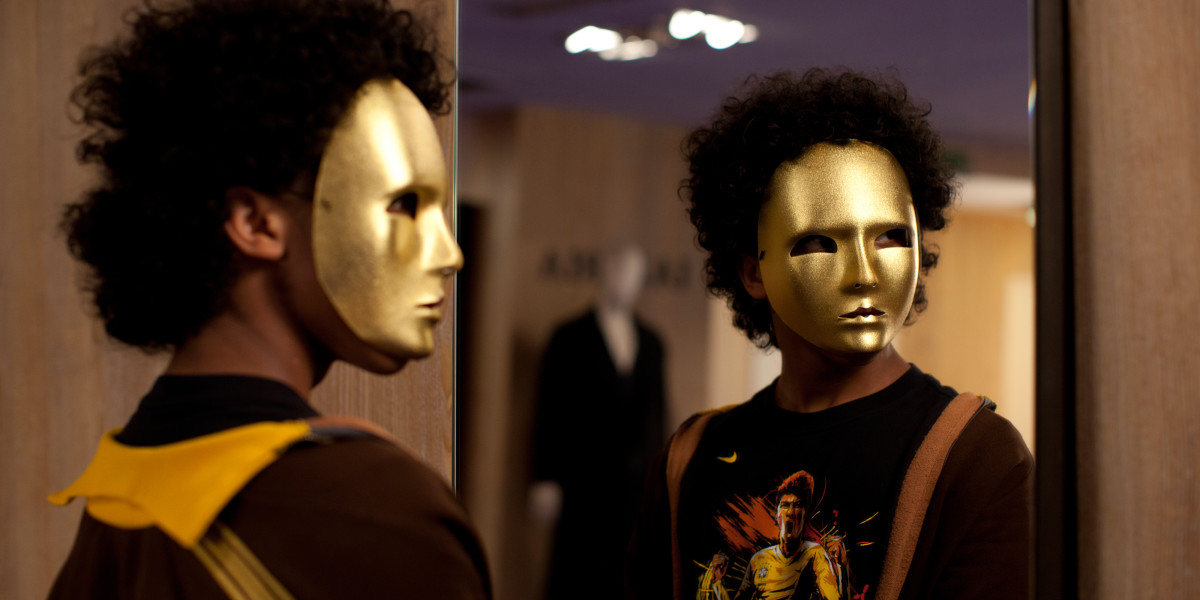
As much as Ozon’s movie turns inward, fellow Frenchman Betrand Bonello’s thriller looks outward to social, economic, and political frameworks. The story divides neatly into two parts. First, we follow a small, but diverse group of young Parisians as they move furtively about the city. Slowly their aim becomes clear: they are conspiring to commit a domestic terror attack. In the second part, the youths gather inside a luxury shopping mall after hours to wait out the police response to their attack.
Bonello’s conspirators are remarkable for having no narrowly defined ideology; they are not religious extremists nor single-issue activists. Instead, they maintain a tangled bundle of grievances against nearly all aspects of a society that has left no place for them; they protest against corporate capitalism, corrupt politicians, racism and xenophobia, environmental disaster, and the vapid pop culture designed to distract them. In the mall, however, they prove less able to resist material temptations, and they discover that even their revolutionary zeal has been designed and sold to them. See Bonello’s tragic ode to the idealism of youth in the 21st century: unfocused, misguided, and doomed to fail so long as the worst systems of the 20th remain in place.
9. Bacurau (2019)
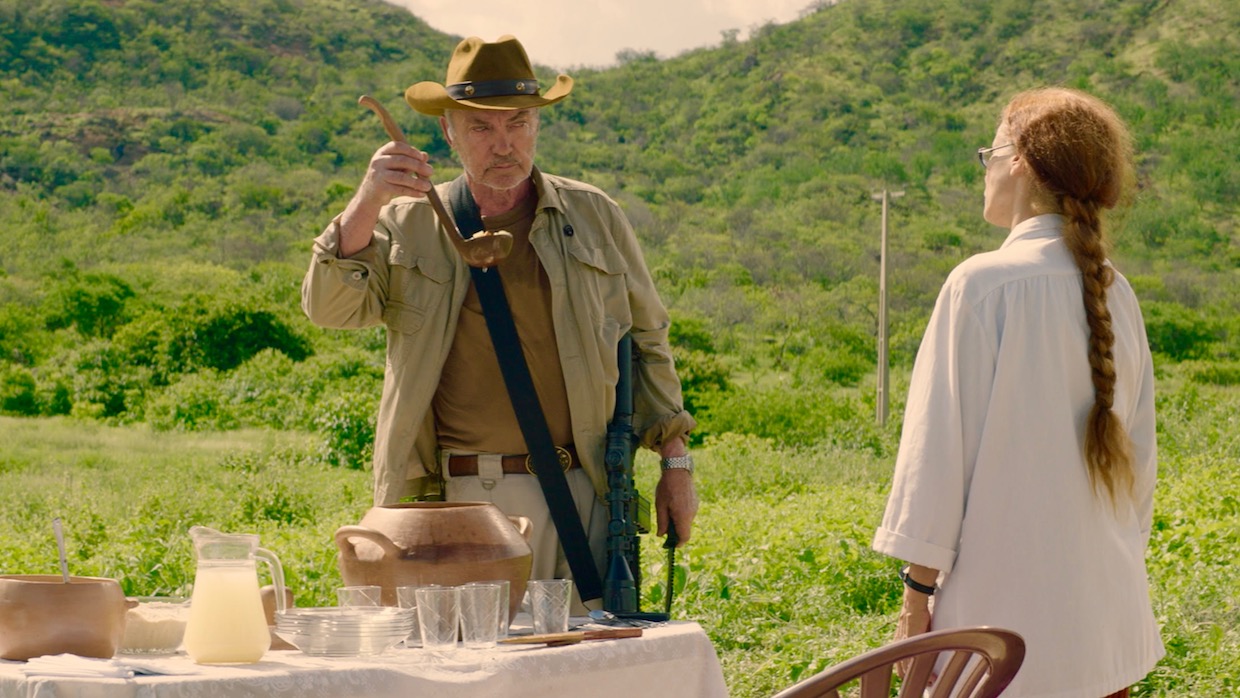
Juliano Dournelles’ and Kleber Mendonça Filho’s thriller also indicts the social, economic, and political systems of the developed Northern hemisphere, but argues that the community ties and cultural traditions of the South can offer formidable resistance. Shortly after Teresa (Bárbara Colen) returns to her home village of Bacurau to attend the funeral of its matriarch, her grandmother Camelita, a series of strange and increasingly menacing events occur. The regional mayor provides no help when he stops at the village to campaign for re-election.
After a family of farmers is found dead, the villagers begin to prepare themselves to fight back against the culprits with the help of a fugitive folk-hero, a stash of antique weapons, and a locally grown psychotropic drug. The invaders have come to the isolated, economically deprived village to practice an abhorrent activity drawn from a classic Hollywood adventure thriller of the 1930s — that will remain nameless to prevent spoilers — but made even uglier by racism and colonialism. The technology and feigned rugged individualism of the invaders, though, meets its match in the togetherness, historical awareness, and higher consciousness of Bacurau.
10. A Girl Missing (2019)
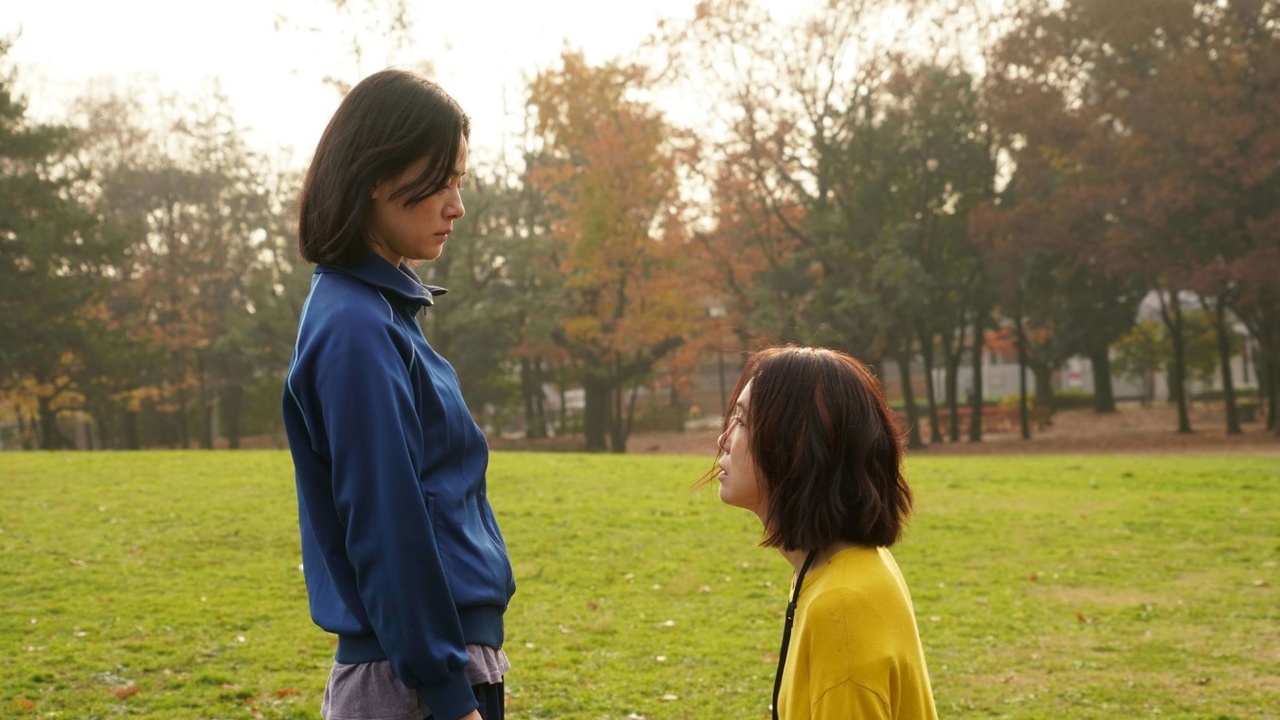
Koji Fukada’s thriller appears, at first, to fall squarely into the crime subgenre. But the kidnapping of young Saki Oishi (Miyu Ozawa), that might have become the center of a lesser movie, soon recedes into the background. Instead, the crime serves as the pretext for the more important story of the unravelling relationship between the Oishi family and their dedicated home-care nurse Ichiko Shirakawa (Mariko Tsutsui). The eldest daughter Motoko (Mikako Ichikawa) turns especially savage; she reveals a secret that publicly humiliates Ichiko and costs her nearly everything that she values. Will Ichiko take revenge?
Fukada’s thriller is sure to please fans of Korean director Bong Joon Ho’s oscar-winning Parasite, also released in 2019, since both explore the intertwining and often pathological dynamics of family and class. Fukada’s offers proof, though, that a slower burn can generate just as much heat and dread.
So the thriller has remained an indispensable and ever-flexible genre here in the United States and abroad through the second decade of the twenty-first century. We can expect it to continue manipulating its classic conventions and adding novel, local innovations in the future. As tense as some thrillers may be, the common culture and human understanding they are helping to create around the world is certainly a reason to feel less worry about shrinking differences and needless conflicts with our neighbors around the globe.